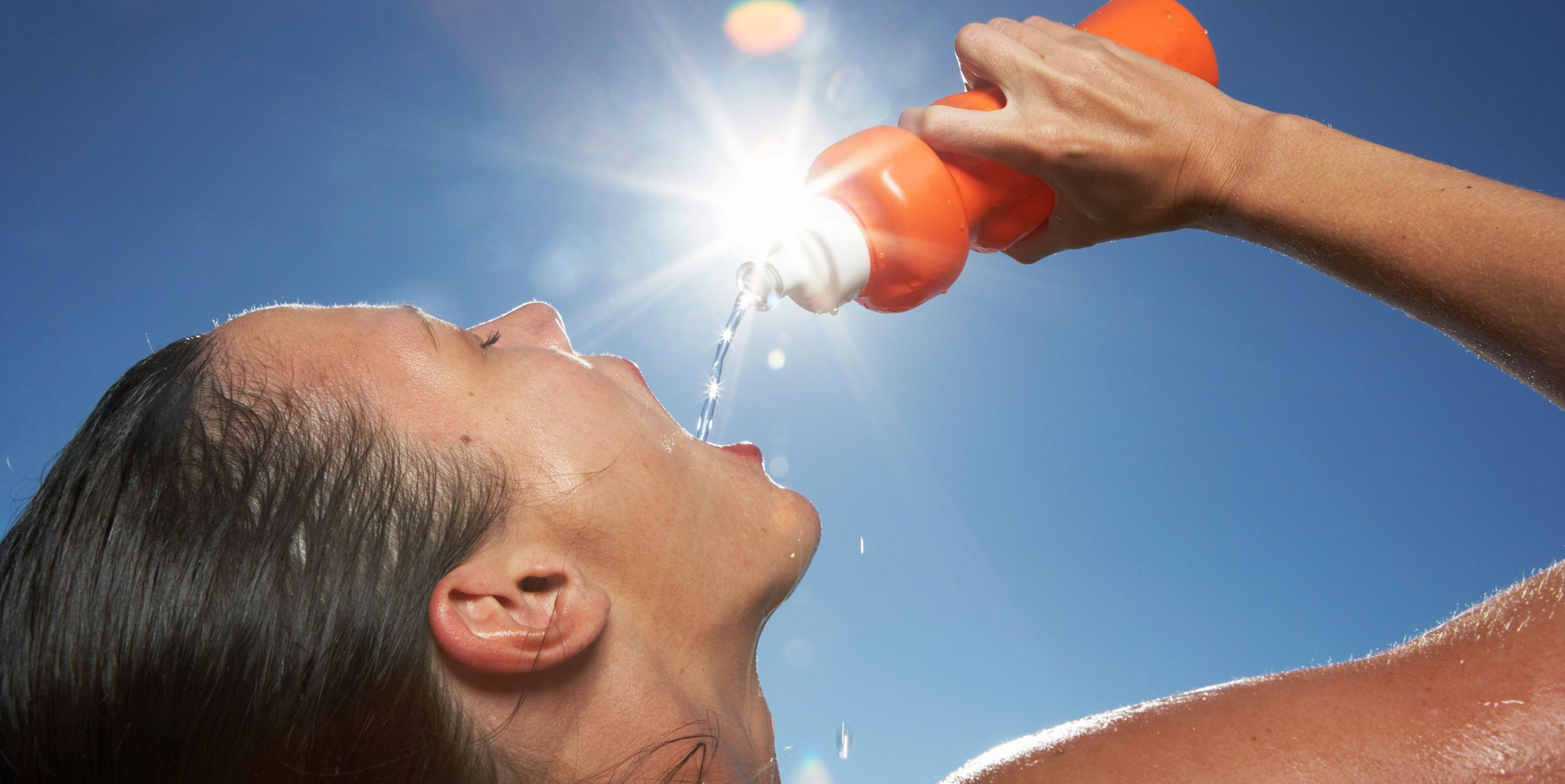Water is often referred to as the elixir of life, a vital resource that sustains our bodies and supports countless physiological functions. Yet, in the midst of our busy lives, it’s easy to overlook the importance of staying adequately hydrated. In this article, we’ll dive into the consequences of not drinking enough water and shed light on the profound impact it can have on our overall well-being.
Table of Contents
- Introduction
- The Role of Hydration in the Body
- Maintaining Balance
- Regulating Temperature
- Signs of Dehydration
- Dry Mouth and Thirst
- Dark Urine
- The Consequences of Inadequate Hydration
- Reduced Physical Performance
- Impaired Cognitive Function
- Digestive Issues
- Skin Health
- Kidney Strain
- Mood Fluctuations
- Headaches and Migraines
- Joint Discomfort
- Factors Influencing Hydration Needs
- Climate and Environment
- Activity Level
- Age
- Strategies for Staying Hydrated
- Carry a Reusable Water Bottle
- Set Hydration Reminders
- Incorporate Water-Rich Foods
- Conclusion
1. Introduction
In the hustle and bustle of life, the simple act of drinking enough water can easily slip our minds. But what happens when we neglect this basic necessity? In this article, we’ll explore the consequences of not drinking adequate water and underscore the importance of staying hydrated.
2. The Role of Hydration in the Body
Maintaining Balance: Water is essential for maintaining a balance of bodily fluids, ensuring cells function optimally.
Regulating Temperature: Adequate hydration helps regulate body temperature, preventing overheating and aiding in cooling mechanisms.
3. Signs of Dehydration
Dry Mouth and Thirst: Feeling parched and having a dry mouth are initial signs that your body needs water.
Dark Urine: Dark-colored urine indicates concentrated waste products, a result of insufficient water intake.
4. The Consequences of Inadequate Hydration
Reduced Physical Performance: Dehydration can lead to decreased endurance, strength, and overall athletic performance.
Impaired Cognitive Function: Lack of water affects cognitive abilities, leading to difficulties in focus and mental clarity.
Digestive Issues: Inadequate hydration can result in constipation and hinder the digestive process.
Skin Health: Dehydration can lead to dry, dull skin with decreased elasticity.
Kidney Strain: Insufficient water puts strain on the kidneys, potentially leading to kidney stones and urinary tract infections.
Mood Fluctuations: Dehydration can affect mood, leading to irritability and mood swings.
Headaches and Migraines: Dehydration is a common trigger for headaches and migraines.
Joint Discomfort: Proper hydration is necessary to maintain joint lubrication and prevent discomfort.
5. Factors Influencing Hydration Needs
Climate and Environment: Hot and humid conditions lead to increased fluid loss, demanding higher water intake.
Activity Level: Physical exertion increases fluid loss through sweat, requiring more water intake.
Age: Children and the elderly have different hydration needs due to their unique physiological processes.
6. Strategies for Staying Hydrated
Carry a Reusable Water Bottle: Having a water bottle on hand serves as a visual reminder to stay hydrated throughout the day.
Set Hydration Reminders: Use alarms or apps to prompt you to take water breaks, especially during busy hours.
Incorporate Water-Rich Foods: Foods like watermelon, cucumber, and oranges contribute to your daily hydration.
7. Conclusion
Neglecting proper hydration can have far-reaching effects on our physical and mental well-being. From reduced performance and cognitive function to digestive issues and kidney strain, the consequences of not drinking enough water are significant. By listening to our body’s signals, adopting strategies for staying hydrated, and making water an integral part of our daily routine, we can safeguard our health and experience the benefits of optimal hydration.
FAQs
1. Can other beverages replace water’s hydrating effects? While beverages like herbal tea and fruit juices contribute to hydration, water remains the best choice for maintaining proper fluid balance.
2. How does dehydration affect my skin’s appearance? Dehydration can lead to dry skin, increased wrinkles, and a loss of elasticity, making the skin look aged and lackluster.
3. Can drinking more water improve my digestion? Yes, adequate water intake supports digestion by aiding in the breakdown of food and promoting regular bowel movements.
4. Can drinking water prevent headaches? Drinking enough water can help prevent headaches triggered by dehydration, especially for those prone to migraines.
5. How can I make sure my children stay hydrated? Encourage your children to drink water regularly, and offer them water-rich foods like fruits and vegetables to support their hydration needs.








